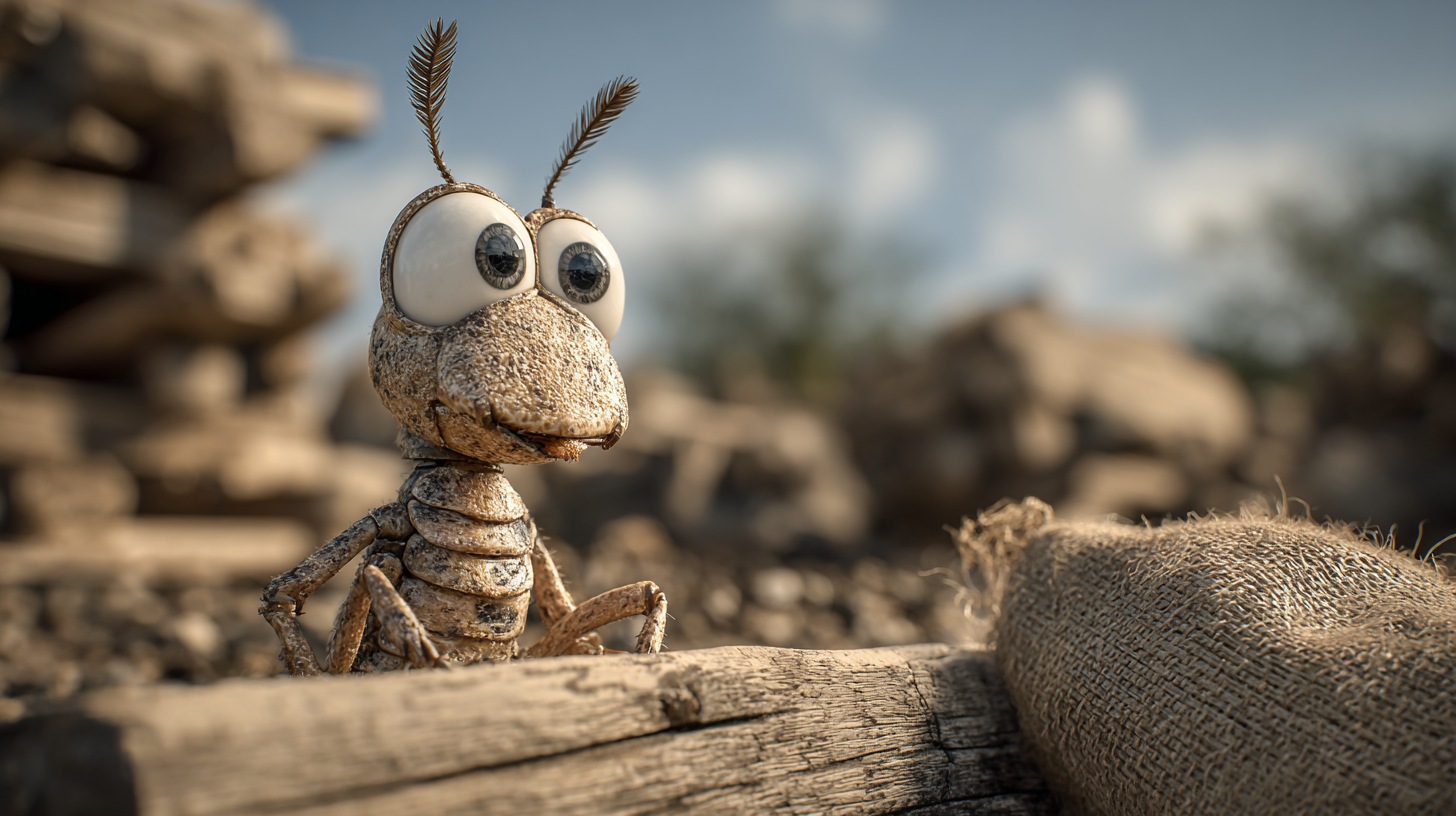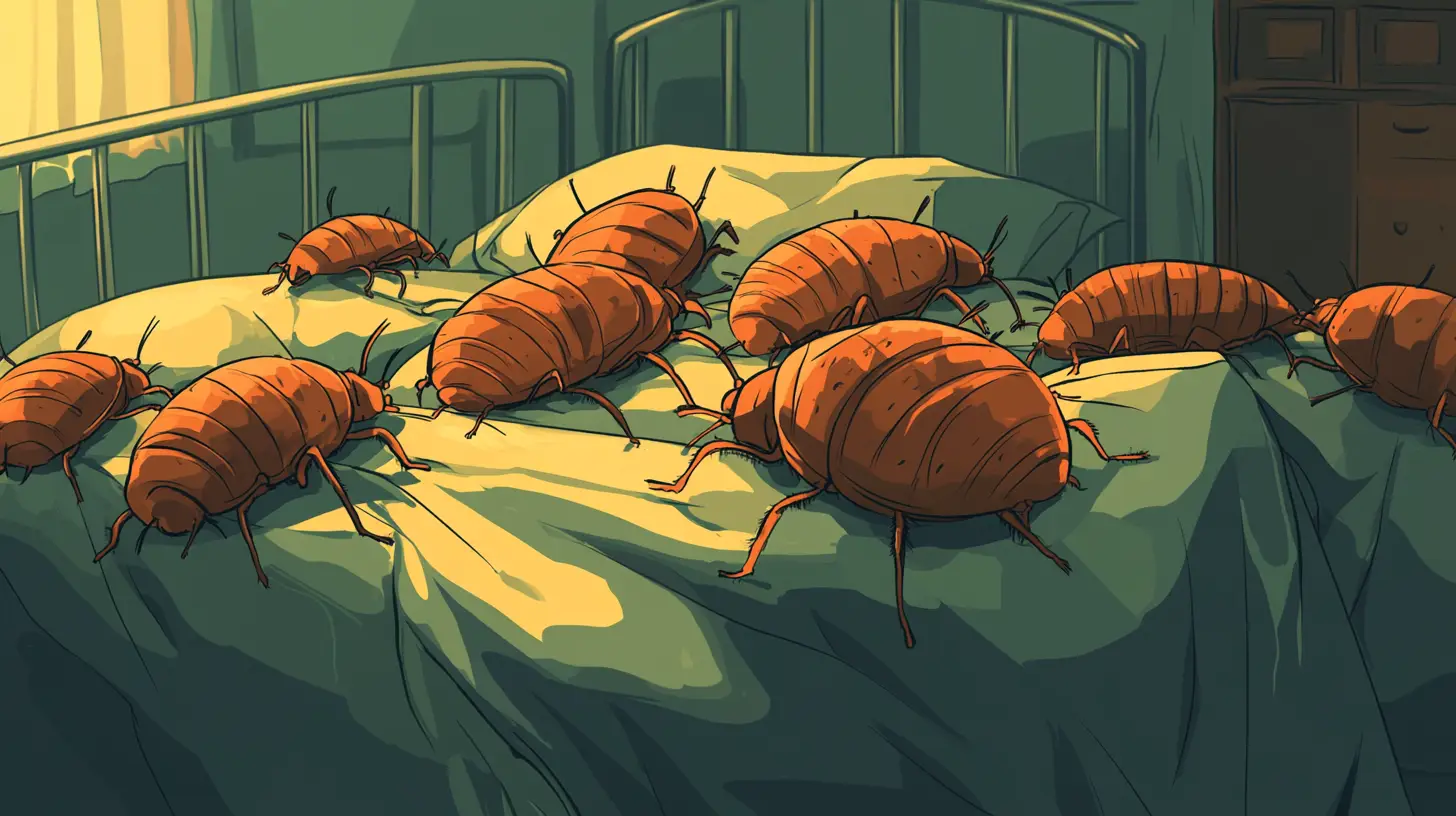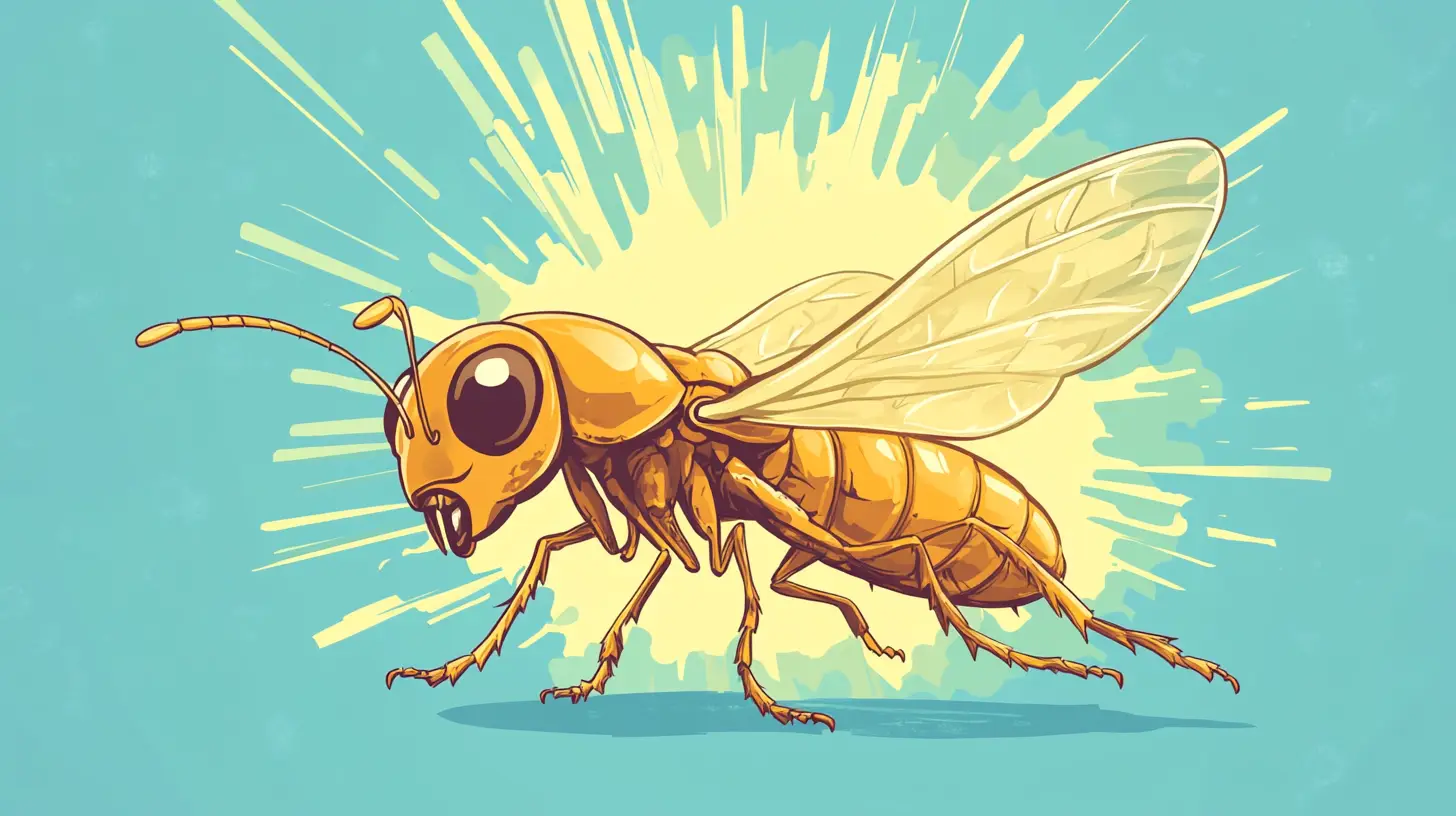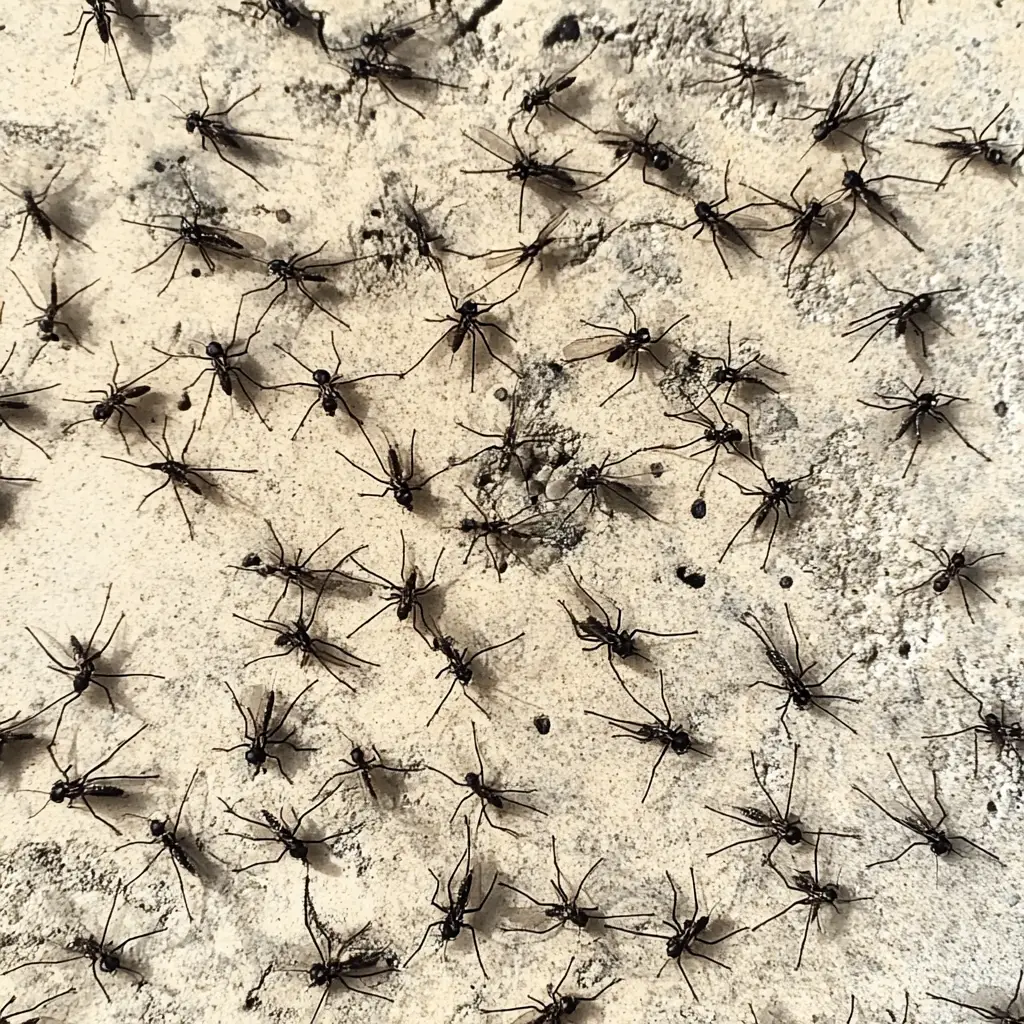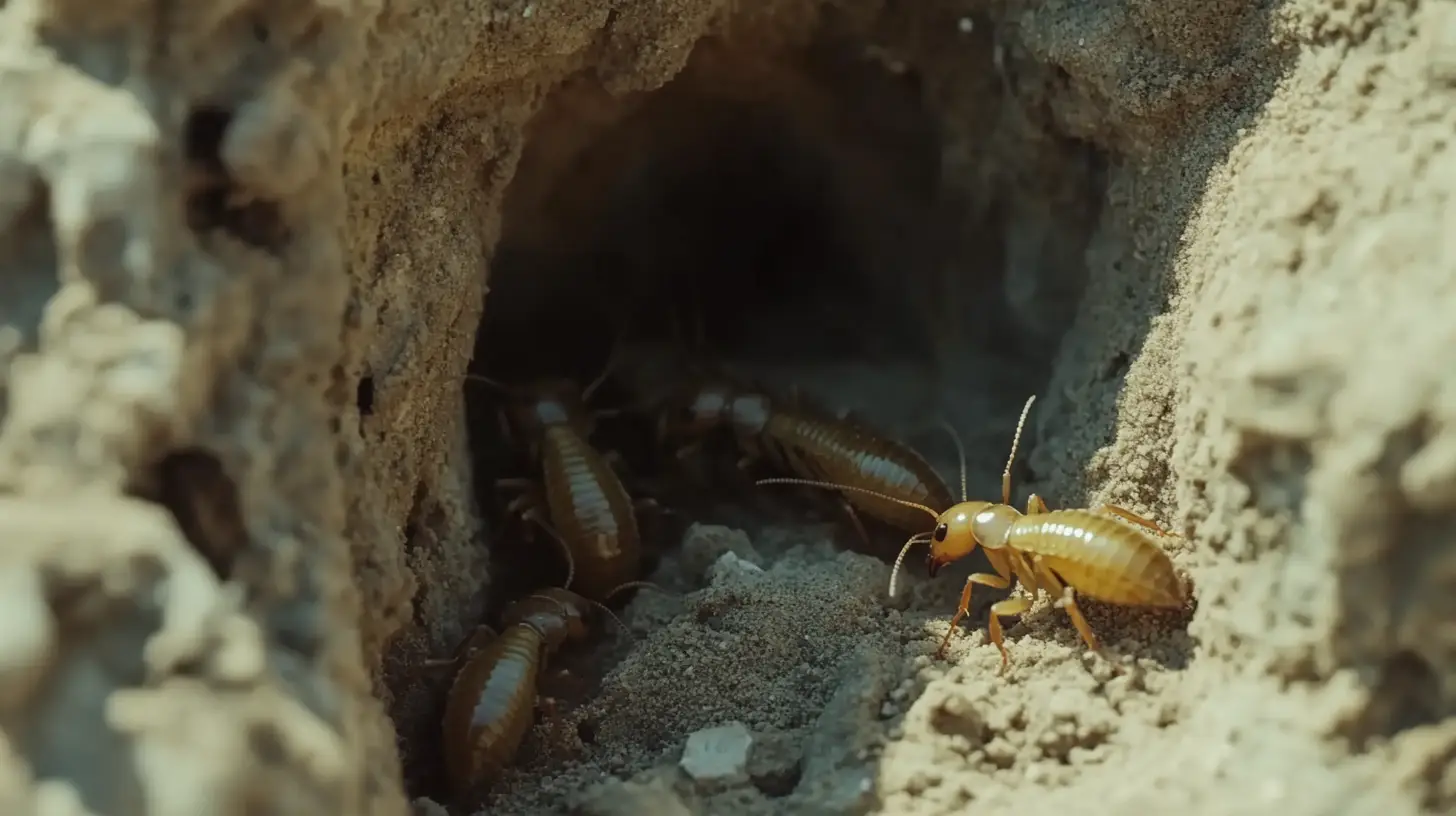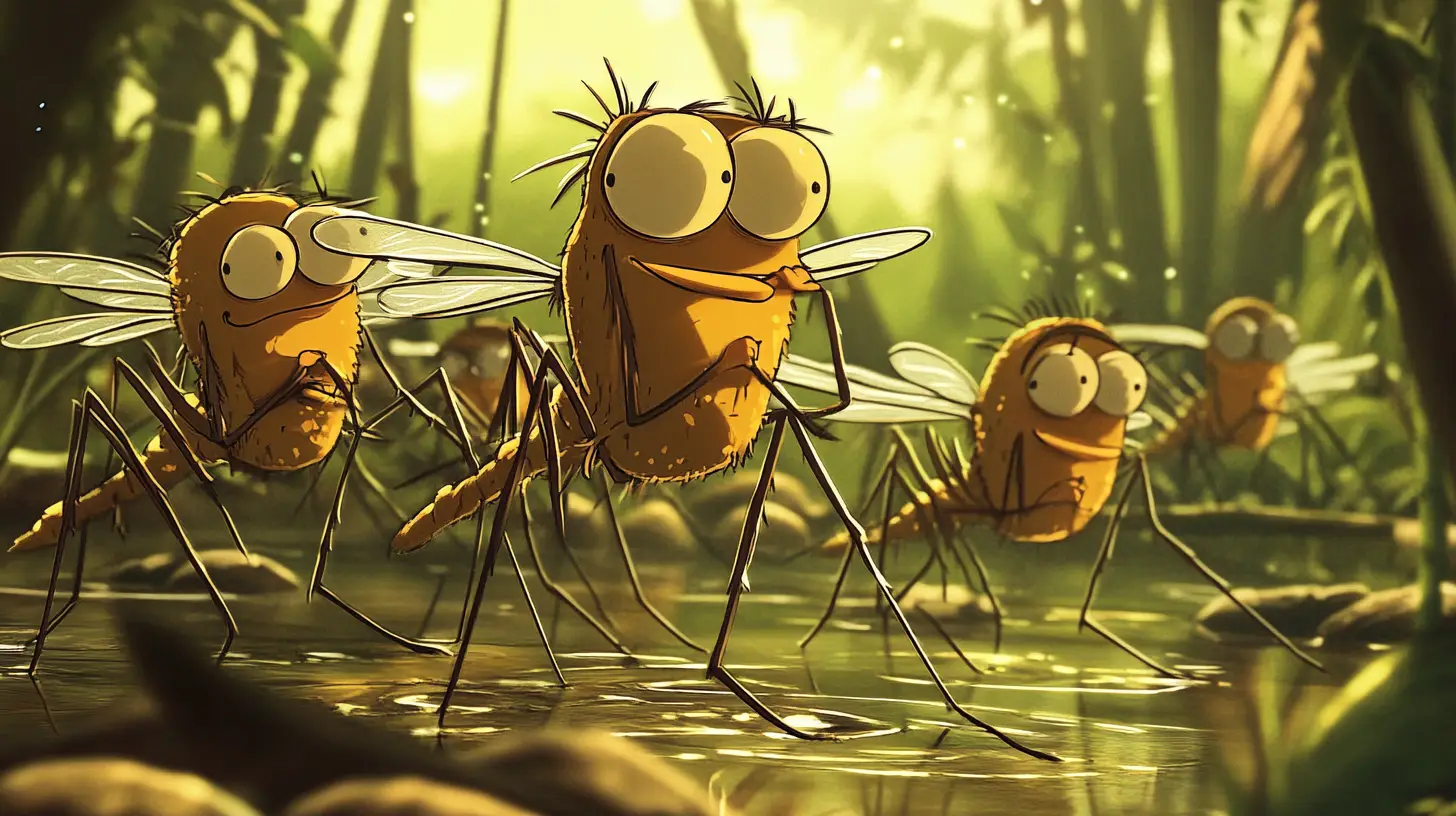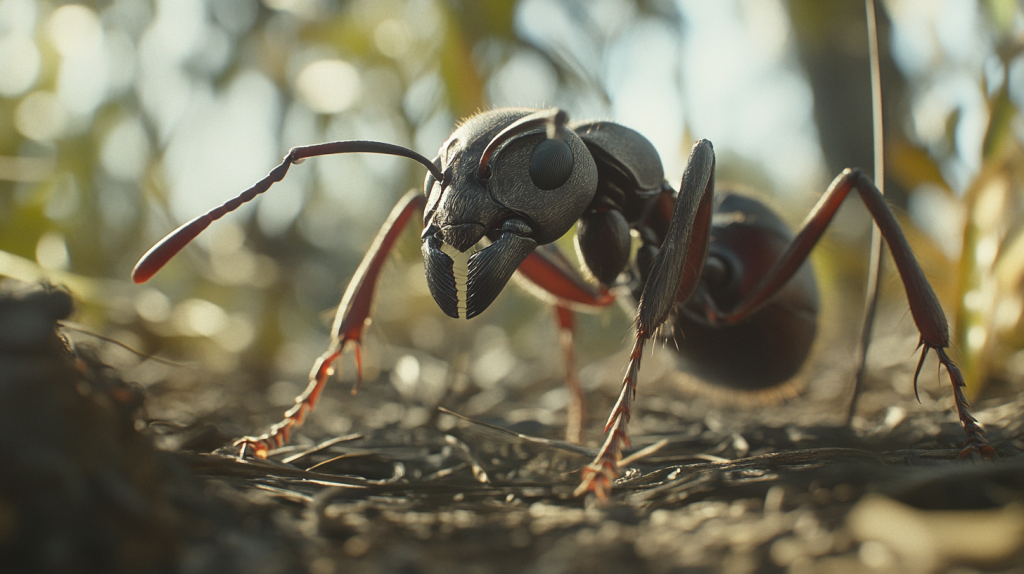
Table of Contents
Living in Bradenton, you’re no stranger to ants finding their way into your home. Whether it’s a trail of sugar-loving ghost ants in your kitchen or fire ants building mounds in your yard, these persistent pests thrive in Florida’s warm climate. But knowing how to get rid of ants naturally can help you control the problem without resorting to harsh chemicals.
Ants are resourceful insects, communicating with each other through pheromone trails and building colonies that can be hard to eliminate once established. Fortunately, there are effective and safe solutions to keep ants from becoming a problem. By sealing cracks, removing food sources, and using natural repellents like vinegar or essential oils, you can create an environment that ants find less inviting.
In this post, we’ll dive into the best ways to get rid of ants in Bradenton, with practical tips and insights tailored to our local ant species. From keeping ants out of your pantry to eliminating outdoor colonies, we’ll show you how to handle your ant problem quickly and naturally.
Key Takeaways
- Ant invasions are often triggered by the search for food, water, and shelter, with Argentine ants posing significant ecological threats by disrupting native species and ecosystems.
- Understanding what attracts ants, such as damp environments, sugary substances, and decaying organic material, is crucial for effective prevention and removal.
- Common ant varieties like field ants and farming ants can damage yard integrity by disrupting soil structure and encouraging aphid infestations that harm plants.
- Effective ant control methods include using boiling water, diatomaceous earth, borax, vinegar, and dish soap to disrupt and deter ant invasions organically.
- Implementing preventative strategies, such as yard maintenance, removing attractants, and managing moisture, can create an unappealing environment for ants, promoting a healthier yard ecosystem.
Common Ants You Might Find in Florida
In Bradenton and surrounding areas, ants often invade yards, drawn by favorable conditions like food and moisture. Understanding their types and behaviors is crucial for effective ant control. Here are some ants you might encounter and steps for getting rid of ants effectively.
Common Ant Species in Florida: Identification, Habitat, and Behavior
1. Red Imported Fire Ants (*Solenopsis invicta*)
- Identification: Reddish-brown, 1/8 to 1/4 inch long, aggressive behavior.
- Nesting: Large, dome-shaped mounds in open areas.
- Health Risks: Painful stings, potential allergic reactions.
2. Florida Carpenter Ants (*Camponotus floridanus*)
- Identification: Large, black or bicolored (orange and black), 1/4 to 1/2 inch long.
- Nesting: In decayed wood, but do not eat wood.
- Behavior: Nocturnal foragers, prefer sweets and insects.
3. Ghost Ants (*Tapinoma melanocephalum*)
- Identification: Tiny (1/16 inch), pale bodies with dark heads and thoraxes.
- Nesting: Humid areas, potted plants, under bark.
- Behavior: Rapid reproduction, often invade homes.
4. Argentine Ants (*Linepithema humile*)
- Identification: Light to dark brown, small (1/8 inch), form large colonies.
- Nesting: In soil, under debris, or inside structures.
- Behavior: Form super-colonies, cooperative between nests.
5. Pharaoh Ants (*Monomorium pharaonis*)
- Identification: Small (1/16 inch), light yellow to red.
- Nesting: Indoors in warm, humid areas.
- Behavior: Rapid reproduction by budding.
6. Big-Headed Ants (*Pheidole megacephala*)
- Identification: Distinctive large heads, two sizes (1/16 to 1/8 inch).
- Nesting: Create soil mounds, cover trails with dirt.
- Behavior: Omnivorous, feed on sweets and insects.
7. Tawny Crazy Ants (*Nylanderia fulva*)
- Identification: Brownish, about 1/8 inch long, erratic movement.
- Nesting: Various indoor and outdoor locations.
- Behavior: Displace other ant species, form large colonies.
8. Rover Ants (*Brachymyrmex spp.*)
- Identification: Small (1/16 inch), black or dark brown.
- Nesting: In mulch or under debris.
- Behavior: Attracted to moisture, may invade homes during dry periods.
9. Acrobat Ants (*Crematogaster spp.*)
- Identification: Heart-shaped abdomen, 1/8 inch long, raise abdomen when disturbed.
- Nesting: In wood or under stones.
- Behavior: Feed on honeydew, emit a distinct odor when crushed.
10. White-Footed Ants (*Technomyrmex difficilis*)
- Identification: Small (1/8 inch), brown with distinctive white feet.
- Nesting: Trees, shrubs, and can enter homes.
- Behavior: Attracted to sugary substances, form large colonies.
Understanding the characteristics, nesting habits, and behaviors of different ant species in Florida is crucial for effective control and management. Whether indoors or outdoors, knowing the species helps determine the best prevention and treatment methods.
Key Attractions for Ants
You may find that damp areas, common in Bradenton due to proximity to water sources, can act as a magnet for ants. Ants are especially drawn to yards near streams and rivers and garbage can be an additional lure, especially when disposed of loosely. Reduce attractants by securing trash tightly and maintaining a well-fertilized environment. Also, promptly cleaning spills, especially sugary ones, can deter these insects.
By familiarizing yourself with these common ants and their characteristics, you can carry out informed strategies to reclaim your yard. Whether through home remedies or enlisting professional pest control for effective ant control, maintaining a balance in the network becomes achievable.
Why Are Ants in Your Yard?
Ants invade your yard searching for food, water, and shelter. Their biological drive to find sustenance makes yards with ample food sources particularly attractive. Ants favor sweet substances and proteins, often found in compost, pet food, and fallen fruits. By cleaning up spills and removing decaying organic matter, you reduce these attractants, promoting an environment less conducive to ant settlements.
Moisture plays a crucial role as ants innately seek out water-rich environments. They thrive in damp areas with rotted wood, clogged gutters, or mulchy landscapes where humidity is high. This makes Bradenton’s humid climate especially appealing to ants. Keeping your yard well-drained and exposure to sunlight can deter them, as drying out these damp spots takes away their much-needed moisture.
The search for shelter and nesting sites leads ants to your yard, looking for places like shallow mounds or rotting wood, which are prime real estate for things like Argentine ants. You can stabilize your yard’s condition by maintaining its health— trim grass, remove deadwood, and ensure garbage bins are secure. This reduces possible nesting sites and discourages ant habitation.
By understanding these factors, you gain a strong foundation for effective ant control and learn how to get rid of ants efficiently. Address these attractive conditions before considering spraying for ants or seeking assistance from an ant exterminator. This preventive approach is vital for long-term ant management.
How Can Ants Damage Your Yard?
Ant infestations can significantly impact your yard’s health and appearance. Various species, including carpenter ants and field ants, are common culprits that cause different types of damage.
- Soil and Yard Structure: Carpenter ants and field ants create complex tunnel networks. These nests, though hidden, can contribute to soil erosion and disrupt the natural structure of your yard. Such alterations may lead to uneven ground, potentially affecting plant growth and drainage effectiveness.
- Plant Damage: Ants often engage in symbiotic relationships with aphids and sap-sucking insects. They protect these pests in exchange for honeydew, a sweet substance aphids produce. This farming behavior weakens plants, reducing their vitality and health over time. If your plants appear malnourished or stressed, ants could be part of the problem.
- Structural Damage: Carpenter ants are particularly notorious for burrowing into wood. They target not only trees but also fences and wooden structures in and around your home. Their nesting can compromise the integrity of these structures, leading to the need for costly repairs.
In Bradenton’s humid climate, these issues can become more pronounced, making ant control essential for maintaining a healthy, vibrant yard. Using effective methods such as spraying for ants or consulting an ant exterminator may help get rid of ants efficiently. Understanding these potential threats underscores the importance of proactive management and preventative strategies in keeping your yard free from ant-related damage.
How to Get Rid of Ants in Your Yard
In Bradenton’s warm, humid climate, effectively managing ant control in your yard is crucial to maintaining ecological balance and protecting the natural environment. Several methods exist to get rid of ants without harming the surrounding flora and fauna.
These methods help maintain a harmonious relationship between humans and the environment. Local wildlife remains undisturbed while you enjoy an ant-free yard, improving your outdoor experience.
Tips for Preventing Ants in Your Yard
Ant control begins with understanding the biological and environmental relationships that entice ants to your yard. Yards in Bradenton, with their subtropical climate, often provide ideal conditions for ants seeking food, moisture, and shelter. Focusing on strategic yard maintenance and attractant removal helps create a less inviting environment for these persistent pests.
- Yard Maintenance plays a vital role in preventing ants. Trim back foliage to stop branches and shrubs from touching your home, as these can act as bridges for ants. Ensure a 6-inch clear zone around your house by raking mulch and industry materials. This reduces possible hiding spots and interrupts access.
- Remove Attractants to make your yard less appealing to ants. Gather grass clippings, leaf piles, wood piles, and any fallen fruits that may attract ants. Clean outdoor trash and recycle bins regularly. Keep them at least 10 feet away from your house. Use a strong ammonia solution to wash them every few weeks, ensuring they’re free of residues that could draw ants in.
- Manage Water Sources effectively to mitigate ant infestations. Ants thrive in moist environments, making water management crucial. Keep gutters and downspouts clear to prevent standing water, a common attractant. This reduces moisture, making your yard less favorable for ants.
- Healthy Vegetation often deters ants, who are less likely to inhabit a well-maintained yard. Remove dead limbs and decaying matter promptly, as these create damp areas ideal for ant colonies. Maintaining robust plant life also minimizes environments conducive to aphids, which some ant species farm.
Considering eco-friendly answers such as natural repellents and barriers reinforces your yard’s defenses. But, if ants persist, spraying for ants or consulting an ant exterminator offers targeted intervention without compromising environmental balance. By employing these preventative strategies, you foster a healthier, more resilient yard, deterring ants from establishing colonies in your space.
Frequently Asked Questions (FAQs)
What are common attractants for ants in yards?
Ants are primarily attracted to food sources such as sweet substances and proteins. Damp, warm environments also appeal to them, making yards with poor drainage or excess moisture particularly enticing. Improperly stored garbage and decaying organic material can further attract ants. To reduce ant infestations, it is advisable to clean up spills, properly dispose of garbage, maintain well-drained soil, and remove decaying matter from your yard.
How can I effectively control Argentine ants?
To control Argentine ants, consider implementing strategies such as using borax-sugar baits and diatomaceous earth as barriers. Vinegar can disrupt their pheromone trails. Removing food sources and maintaining a dry environment will also help. In cases of severe infestation, consulting a professional exterminator may be necessary to apply targeted treatments and effectively manage the ant populations.
What are some natural methods to get rid of ants in my yard?
Natural methods to eliminate ants in your yard include pouring boiling water over ant mounds, using diatomaceous earth as a barrier, and setting up borax-sugar baits. Spraying vinegar can help disrupt ant trails, while a mixture of dish soap and water can dehydrate ants. These eco-friendly solutions aim to control ant populations without harming local wildlife.
How do ants impact yard health and appearance?
Different ant species can harm yards by disrupting soil structure, leading to erosion and damaging grass roots. Carpenter ants are known to burrow into wood structures, weakening fences and homes. Additionally, ants can foster aphid populations that harm plants. To maintain a healthy yard, proactive management and preventative measures against ant infestations are recommended.
What preventative measures can keep ants away from my yard?
Preventative measures include trimming foliage to prevent ant access to homes, maintaining a clear perimeter around the house, and ensuring good water management by clearing gutters. Regularly cleaning outdoor trash bins and using eco-friendly repellents can deter ants. Encouraging healthy vegetation can naturally keep ants at bay, and professional extermination can be considered for persistent infestations.
Why do ants frequently invade yards in Bradenton?
The warm, humid climate of Bradenton creates an ideal environment for ants, as they thrive in moist conditions while seeking food, water, and shelter. Yards with ample food sources or those that are poorly drained can especially attract ants. Effective yard maintenance, including removing potential attractants and improving drainage, can help reduce ant invasions.

